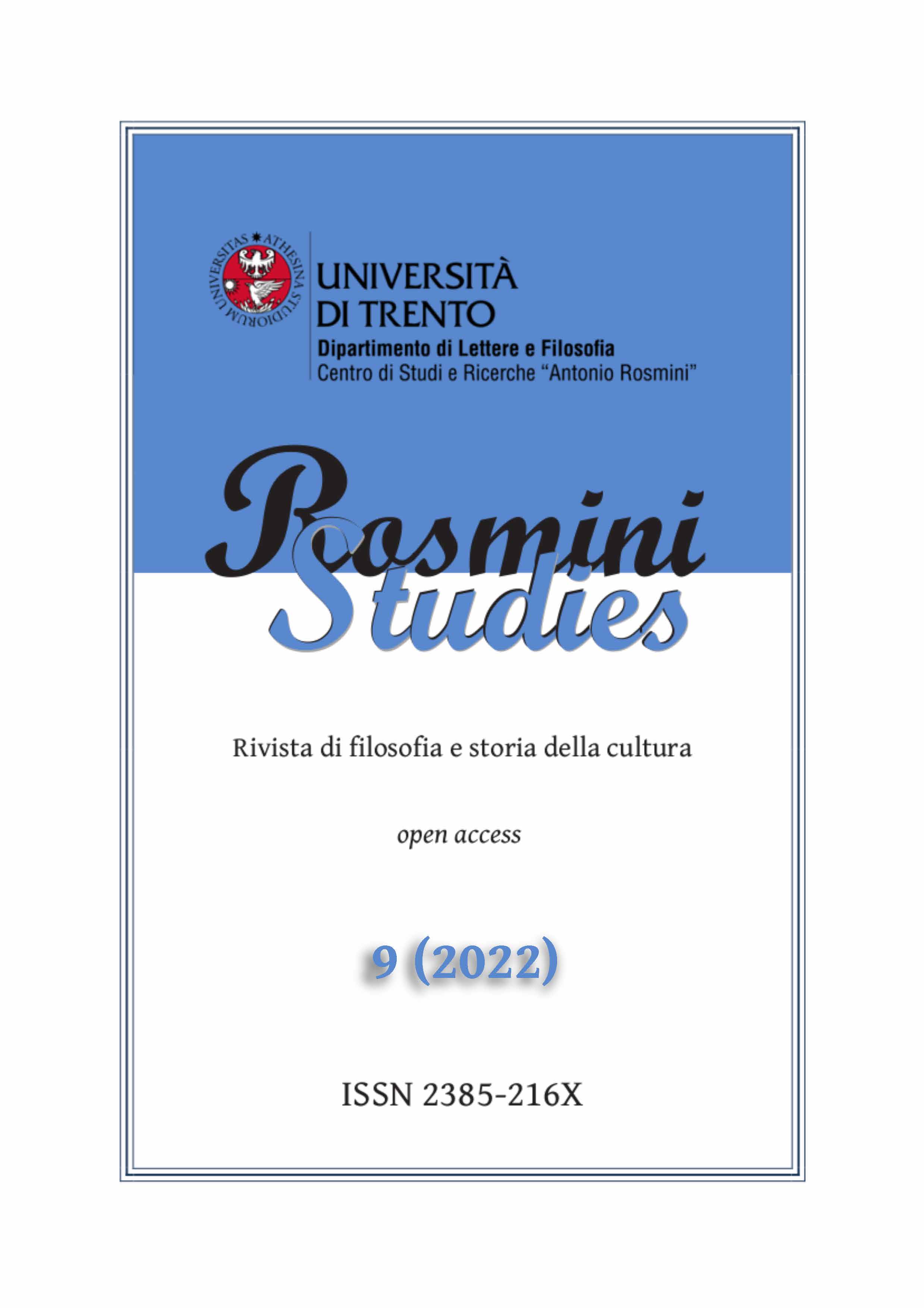Le fonti platoniche di Federico Pendasio: note sulla diffusione nel ‘500 degli <em>Scholia</em> al <em>Fedro</em> di Ermia Alessandrino e dei <em>Commenti</em> al <em>Fedone</em> e al <em>Filebo</em> di Olimpiodoro e Damascio.
DOI:
https://doi.org/10.15168/2385-216X/2291Parole chiave:
Federico Pendasio, Platonismo rinascimentale, Platonismo e Università nel XVI secolo, Olimpiodoro, Damascio, Ermia Alessandrino.Abstract
Federico Pendasio was a higly esteemed professor at the Universities of Padua (1564-1571) and Bologna (1571-1603). His contemporaries, as much as modern scholars, have ackowledged his commitment to both Aristotle and Plato. The general aim of this paper is to give a contribution to the study of the diffusion of Platonism in XVIth Century university teaching. Main focuses are Pendasio’s platonic sources, in particular Olympiodorus’s and Damascius’s Commentaries on the Phaedo, Damascius’s Commentary on the Philebus and Hermias Alexandrinus’s Scholia on the Phaedrus. These works are quoted in two of his most representative works: De animae immortalitate (1570) and the Lectiones dictatae in librum De anima (1577). In order to assess Pendasio’s interests in Platonism, a general survey of most of his university lessons and quaestiones will also be provided.
##submission.downloads##
Pubblicato
Fascicolo
Sezione
Licenza
Copyright (c) 2022 Rosmini Studies

Questo lavoro è fornito con la licenza Creative Commons Attribuzione - Non commerciale - Non opere derivate 4.0 Internazionale.



